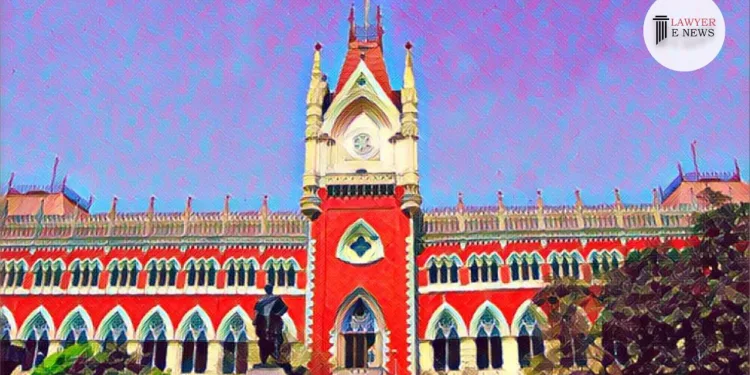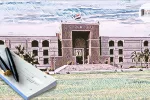Consent of Non-Custodial Parent Not Material for Grant of Passport: Calcutta High Court Sets Aside Impounding of Minor’s Passport

In a significant ruling, the Hon’ble Justice Sabyasachi Bhattacharyya of the Calcutta High Court has set aside the impounding of a minor’s passport amidst a parental custody battle, stating that the consent of the non-custodial parent was not material for the issuance of the passport under the Passports Act, 1967. The court dismissed allegations that the mother had suppressed material information while obtaining the passport.
Facts and Issues:
The case revolved around Dr. Agnidipa Das and her husband Dr. Ranajoy Dutta, who are embroiled in legal disputes concerning the custody and passport of their seven-year-old daughter. Following the separation, Dr. Das had applied and obtained a passport for their daughter, which Dr. Dutta contended was issued based on the suppression of material facts, leading to its impoundment.
Detailed Court Assessment:
Justice Bhattacharyya closely analyzed the materiality of the information allegedly suppressed by Dr. Das. He noted that the core of the dispute lay in whether the information withheld, particularly regarding the consent of the non-custodial parent, was material enough to justify the impoundment of the minor’s passport under Section 10(3)(b) of the Passports Act.
Irrelevance of Non-Custodial Parent’s Consent:
The court observed, drawing from precedents, that the consent of a parent not having custody does not bear materially on the issuance of a passport for a minor. It emphasized that “the alleged suppression of information could not have brought any material benefit to the mother and as such, cannot be a basis of cancellation of the passport on the ground of deliberate suppression.”
Application of Discretion under Section 10(3)(b):
Justice Bhattacharyya pointed out the discretionary nature of the said provision, stating that not every incorrect or incomplete information automatically leads to passport impoundment. The intent or ‘mens rea’ behind the non-disclosure should be considered to determine if there was a deliberate attempt to suppress material information.
Validity of the Impoundment Process:
The judge criticized the hasty decision-making process by the Passport Authority, which did not adequately consider the mother’s explanations or the circumstances under which the passport was applied for and issued. The decision was thus deemed cryptic and arbitrary.
Legal Precedents and Application:
Various judgments were cited where the courts held that non-disclosure of a non-custodial parent’s consent was not material enough to warrant adverse actions such as impoundment of a passport.
Decision: The court allowed the petition filed by Dr. Agnidipa Das (WPA No. 7360 of 2024), setting aside the order impounding her daughter’s passport. Conversely, WPA No. 8033 of 2024 filed by Dr. Ranajoy Dutta seeking further penalties against Dr. Das was dismissed.
Date of Decision: 30th April 2024.
Dr. Agnidipa Das vs. Ranajoy Dutta






